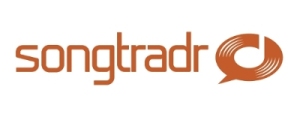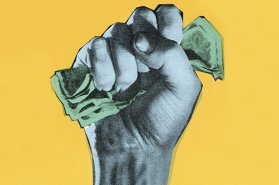 Songtradr made its debut this week, a consumer-friendly B2B platform that simplifies what’s complicated about music ownership and rights.
Songtradr made its debut this week, a consumer-friendly B2B platform that simplifies what’s complicated about music ownership and rights.
The Songtradr team’s ambitious goal is nothing less than to redefine the value of music. It’s a one-stop shop for managing, licensing and selling music, simple and affordable enough for anyone to use.
“We see ourselves as connecting the fragmented world of music rights in one place,” explains Songtradr CEO, Paul Wiltshire. His company facilitates deals, matching songs with films, TV, video games, advertisers, YouTubers and others. Using Songtradr, composers and artists collaborate and then find buyers, publishers and labels—all of whom can use Songtradr’s free content management system to organize extensive inventory. It’s a marketplace where music assets are stored, discovered, curated, and monetized.
Unique features include Songtradr’s extraordinary variable pricing calculator, which helps rights holders determine market rate price points based on media usage, budget, term and territory. And for those looking for a personal touch, Songtradr’s matchmakers curate music for carefully targeted audiences.
Read More »
 Soundstripe is changing the way visual creatives (filmmakers, marketers, agencies, churches, etc.) access and obtain stock music, sourcing affordable high-quality video production music via their new platform, Soundstripe.com.
Soundstripe is changing the way visual creatives (filmmakers, marketers, agencies, churches, etc.) access and obtain stock music, sourcing affordable high-quality video production music via their new platform, Soundstripe.com.


 Spotify has agreed to do a better job at allowing music publishers and songwriters to claim and receive royalties from the streaming service. However there’s a caveat: to strike the settlement deal with Spotify, copyright holders cannot make an infringement claim against the company.
Spotify has agreed to do a better job at allowing music publishers and songwriters to claim and receive royalties from the streaming service. However there’s a caveat: to strike the settlement deal with Spotify, copyright holders cannot make an infringement claim against the company.




